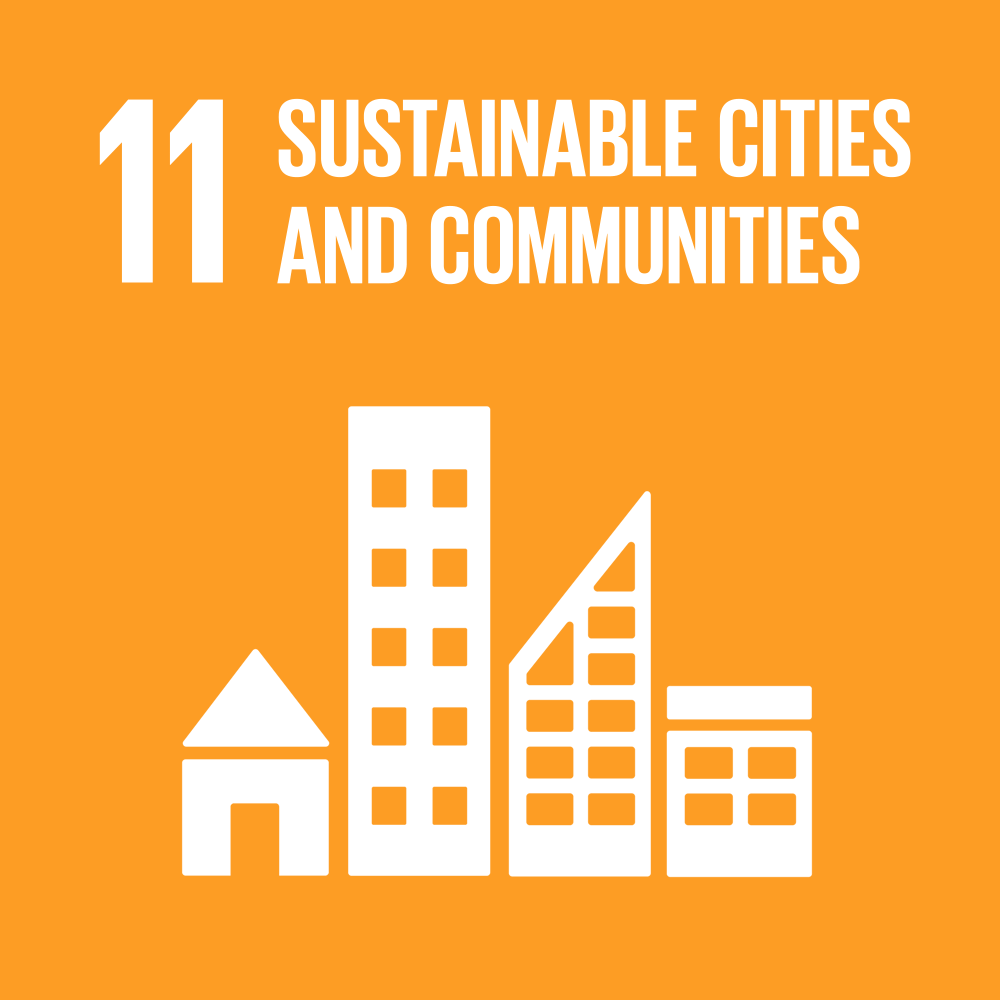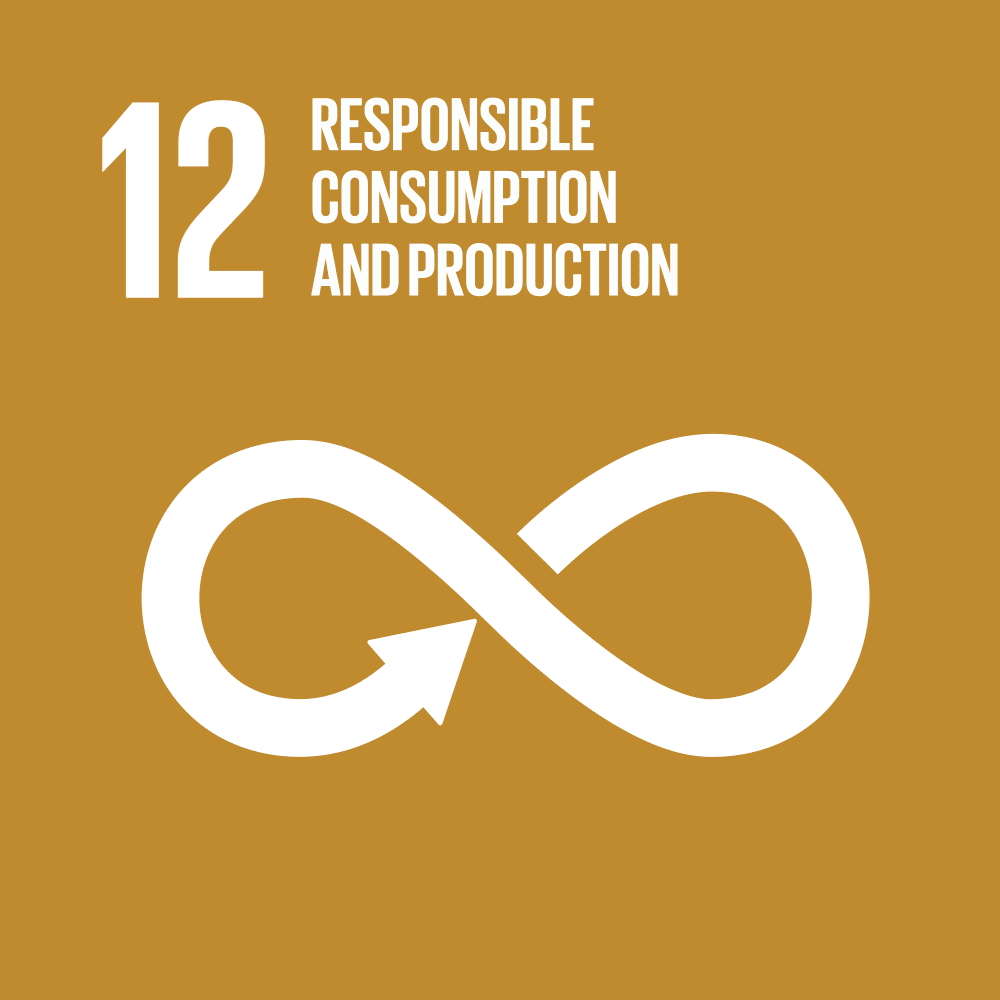Problem:
The impacts of global warming on the productivity of the soil will fall most heavily on the world's poorest people. These impacts will affect food security in Latin America, varying in magnitude depending on whether the person buys or produces their food, being those who buy, the ones who will suffer the greatest losses. Also, there is a waste of the resources that nature gives us in human culture, and this is reflected in the lack of sustainability in areas of high poverty.
Idea:
Install a system of vegetable patch and composting in neighborhoods of high poverty, where they will be able to understand and incorporate in their community a circular economy based on the cycle of plants, being shown in the design of the garden how the delivery of nutrients to the soil, through compost, and also the collection of seeds, delivers food to us. We will achieve this by implementing educational activities and self-sustaining technology that adapts to the particular context.
Main Beneficiaries:
Chile is one of the most unequal countries in the OECD, the number of people living in poverty in the year 2020 was 10.8% according to the National Socioeconomic Characterization Survey of Chile. The beneficiaries of this project are people and communities with limited resources; they live in shanty towns, “Blocks”, among others. On one hand, the shanty towns occur when a group of families in conditions of poverty and social vulnerability carry out an informal occupation of land to satisfy the need to live. The camps generally lack regular access to one or more basic housing services, such as, potable water, electricity, sewerage, among others. In Chile, 81,643 families live in 969 shanty towns. On the other hand, the Blocks are a type of small housing built in mass, with the aim of optimizing the space as much as possible. They are small houses with little value, but they have all the basic services of a house (electricity, water, sewage, gas). However, people live in overcrowded conditions and in a territory with micro garbage dumps around them. Nearly 1,600,000 people live in these social houses in Chile.
Stage:
Execution and validation
SDG:
GOAL 11: Sustainable Cities and Communities
GOAL 12: Responsible Consumption and Production


University:
Pontificia Universidad Católica (Chile) '21
